Welcome to APA Learn!
Explore the catalog by scrolling through the courses on each page or by filtering by topic, price, credit type, or credit amount. Your purchased courses will appear in your APA Learn dashboard.

Hear from HUD Principal Deputy Assistant Secretary for Community Planning and Development Marion McFadden, as she shares critical updates on the PRO Housing program and new opportunities through the Legacy Challenge, aimed at supporting communities to increase housing supply through planning-led zoning reform.Hear from HUD Principal Deputy Assistant Secretary for Community Planning and Development Marion McFadden, as she shares critical updates on the PRO Housing program and new opportunities through the Legacy Challenge, aimed at supporting communities to increase housing supply through planning-led zoning reform.

Digital Twins — digital representations of the built environment that can be augmented with real-time information flows — are an emerging tool that holds great promise for the practice of planning. But developing an effective Digital Twin requires starting with the fundamentals: what, why, and how. In this webinar, you’ll learn about the benefits, standards, and capabilities of Digital Twins, illustrated by uses & case studies.

In a landscape marked by increasing polarization and rapid-fire communication, the ability to truly listen has never been more urgent or powerful. This course, led by planner, author, and educator Corrin Wendell, AICP, explores why active listening is crucial to planners and how to practice it effectively.

In a landscape marked by increasing polarization and rapid-fire communication, the ability to truly listen has never been more urgent or powerful. This webinar, led by planner, author, and educator Corrin Wendell, AICP, explores why active listening is crucial to planners and how to practice it effectively.

Unlocking the potential of street vending, mobile businesses, and accessory commercial uses is crucial for planners aiming to foster equitable, vibrant communities. These flexible solutions allow local entrepreneurs to fill economic gaps and transform spaces into thriving economic hubs
CM I 1.00 (1.00 Equity)
Nonmember Price: $0.00
Member Price: $0.00
For a complete list of Speakers, click here.

Two former Planning Directors will provide insights and musings on a wide range of planning and community development issues gained from a collective 70 years of experience, including staffing, politics, and changing bad projects into good projects.

Each year, APA's National Planning Awards honor plans that advance the science and art of planning. Join some of the planners and staff behind one of this year’s award-winning plans for a conversation hosted by ELGL’s GovLove podcast!
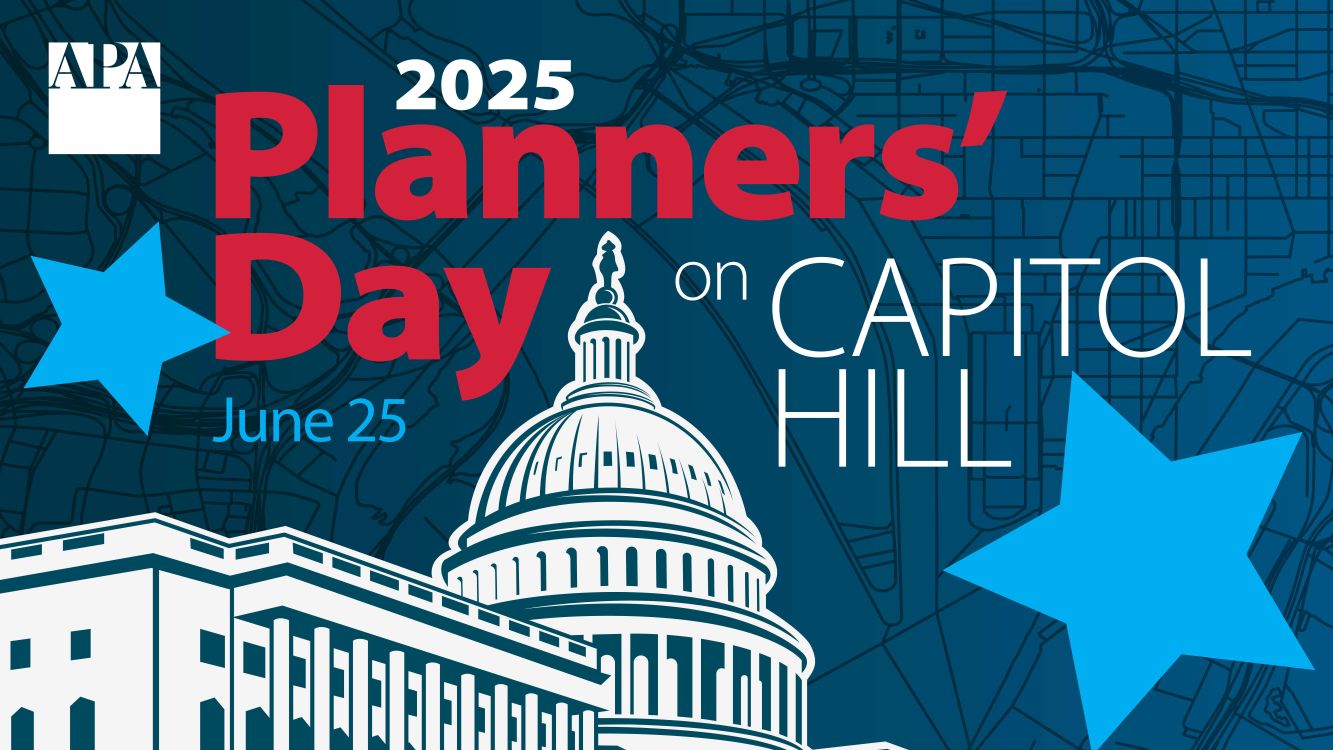
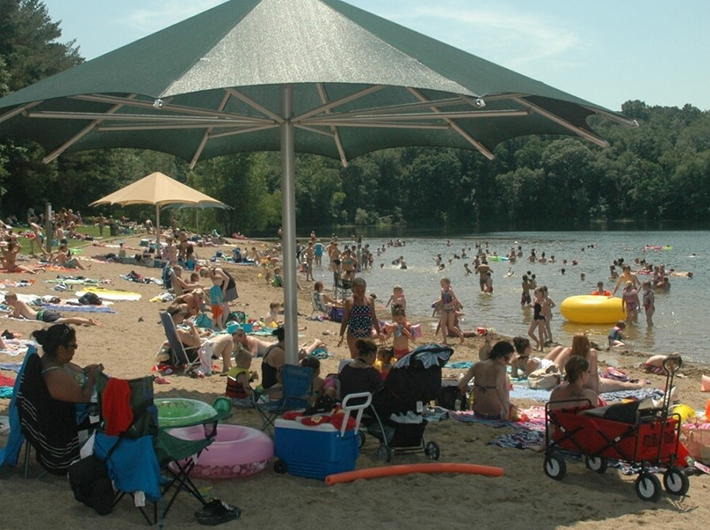
Learn about a collaboration between Minnesota Department of Health, Metropolitan Council and the Public Health Law Center which focused on understanding community factors and policies that collectively each partner influences through technical assistance with the goal to elevate public health.
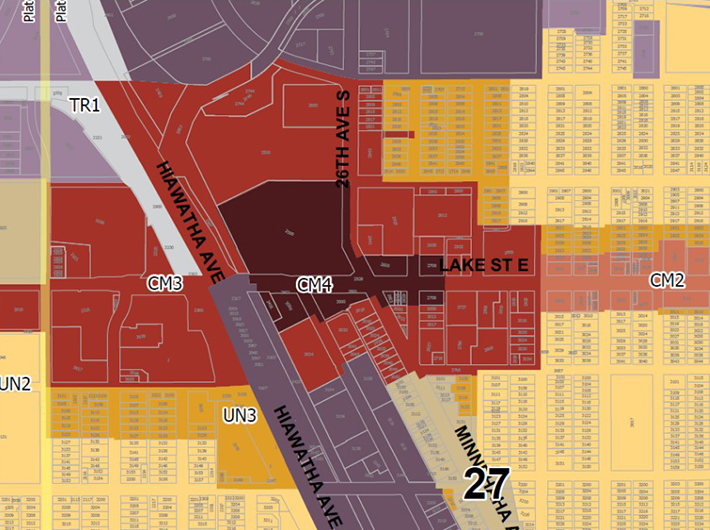
When your city adopts a groundbreaking comprehensive plan unlike any of the plans the city has previously adopted, it’s time to tackle the daunting task of updating the zoning code…and do it as quickly as possible!

FTA's Integrated Mobility Innovation (IMI) and Accelerating Innovative Mobility (AIM) provide a venue where mobility concepts and strategies, supported through local partnerships, are demonstrated in real-world settings. This session will discuss emerging lessons and practices from 49 demonstrations.
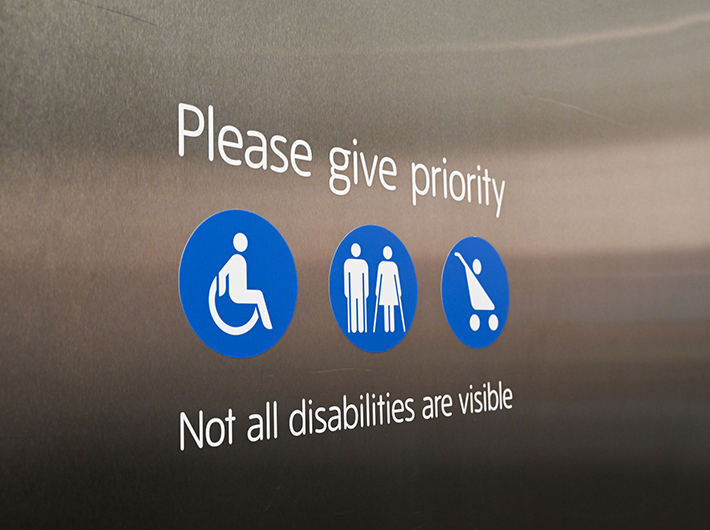
Barrier-free planning is more than ADA compliance. It means fully considering accessibility for a community’s most vulnerable users – to amenities, public spaces, and services. Inclusive planning opens doors literally and figuratively that expand funding options/resources.
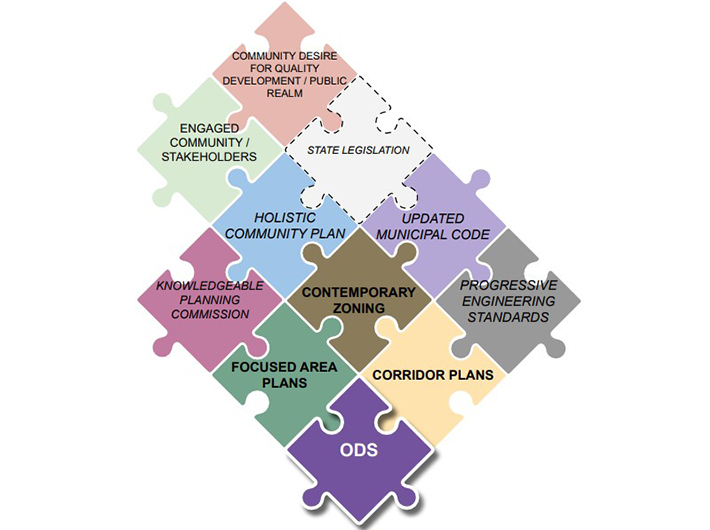
Form Follows Regulation! Learn how Objective Design Standards can help your community achieve more sensitive development than traditional zoning-based regulation, streamline housing review, and empower your planning staff to perform ministerial review as an alternative to difficult discretionary review.

Updating a city’s zoning code to fully comply with the Federal Fair Housing Act is not only necessary, it’s an opportunity to ensure equity in housing, eliminate outdated definitions of family and household, and remove barriers to affordable housing typologies.
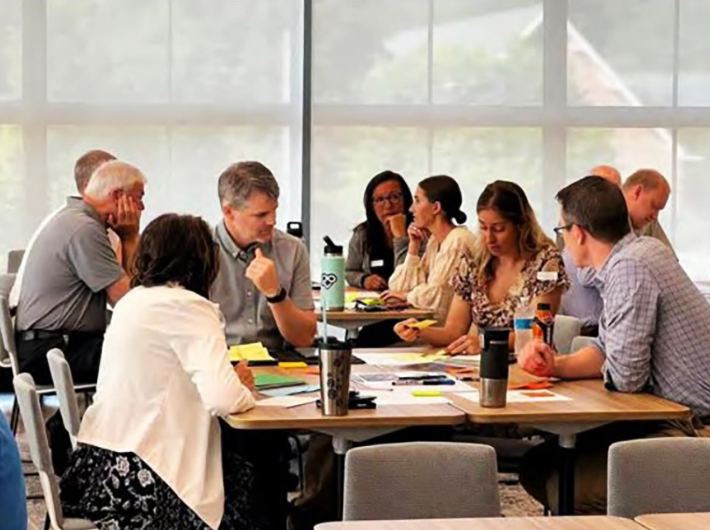
An all hands on-deck approach is being used in Michigan to increase housing supply. Without local preemption, progress is being made to shift local and state economic incentives, public policy, and ordinances to effect change.

Discover how Activity-Based Models (ABMs) in transportation can revolutionize the way investments are prioritized, ensuring that resources are allocated equitably across communities. By leveraging disaggregated data, planners can move beyond traditional models to assess the true impact of infrastructure.

Gentrification is both a residential and commercial phenomenon yet few tools exist to help keep business in place. Learn how the Small Business Anti-Displacement Network is providing tools and best practices for planners and other interested stakeholders.

ASLA is implementing an ambitious Climate Action Plan. The interconnected climate and biodiversity crises require both organizational and individual action. ASLA is committed to working together to achieve zero emissions – with our members, corporate partners, and allied organizations.

This session gives planners the background and tools to improve accessibility in their communities and be a pro at PROW (public right-of-way) ADA compliance.

Minnesota’s popular “Lawns to Legumes” small grant program supports the creation of pollinator habitats in residential yards and is now expanding to public spaces, solar installations, and utility corridors. Learn how to apply the program's lessons and avoid common pitfalls.
CM I 1.00 (1.00 Sustainability & Resilience)
Nonmember Price: $0.00
Member Price: $0.00
For a complete list of Speakers, click here.
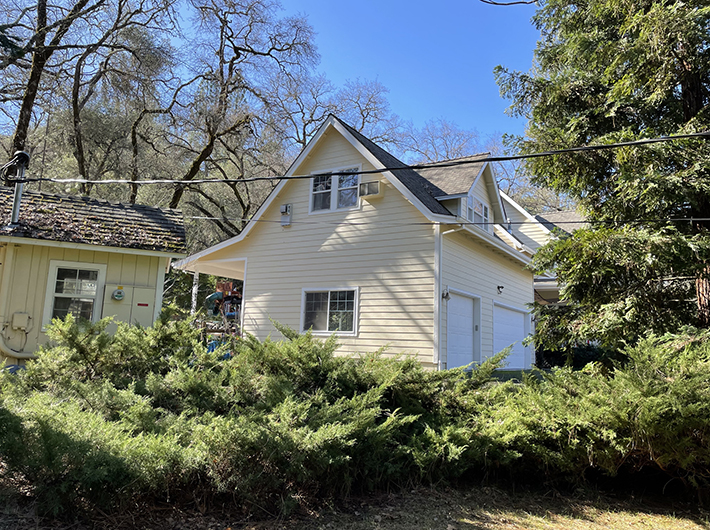
As housing affordability reaches all-time lows, state legislatures are increasingly looking to reform zoning laws to encourage the construction of more market-rate and below-market-rate housing. These reforms are forcing planners to reconsider plans and zoning codes or risk legal action.
CM I 1.50 (1.00 Law)
Nonmember Price: $0.00
Member Price: $0.00
For a complete list of Speakers, click here.

Beyond the rainbow crosswalks, this session will showcase tools to support LGBTQ+ preservation and placekeeping including historic context statements, landmarks, resource surveys, cultural districts, interpretation, and more.
CM I 1.00 (1.00 Equity)
Nonmember Price: $0.00
Member Price: $0.00
For a complete list of Speakers, click here.

Tired of hearing public comments on repeat from the same frequent flyers? We are, too! Embrace innovation by learning how to collaborate with community partners to increase participation from historically underrepresented groups, creating a more equitable and inclusive planning process.
CM I 1.00 (1.00 Equity)
Nonmember Price: $0.00
Member Price: $0.00
For a complete list of Speakers, click here.

Unlock the power of visual storytelling to elevate community engagement. Learn how planners can utilize tools like AI and Canva to create compelling narratives that enhance public awareness, build trust, and drive meaningful participation in planning projects.
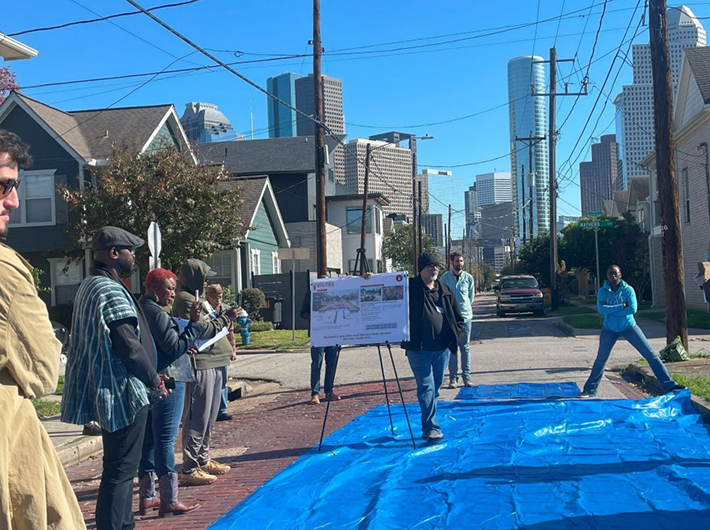
Learn about a unique collaboration between city government, community organizations, artists and community members to plan the restoration of historically and culturally important streets in Houston's Freedman's Town. A strategy balancing infrastructure provision, accessibility, resiliency, cultural heritage preservation, and placemaking.

Recent applications of the U.S. EPA's National Public Health Assessment Model (N-PHAM) are advancing health equity in planning. Learn about two case studies that integrate advanced metrics to support long-range transportation planning and guide infrastructure investment decision-making.
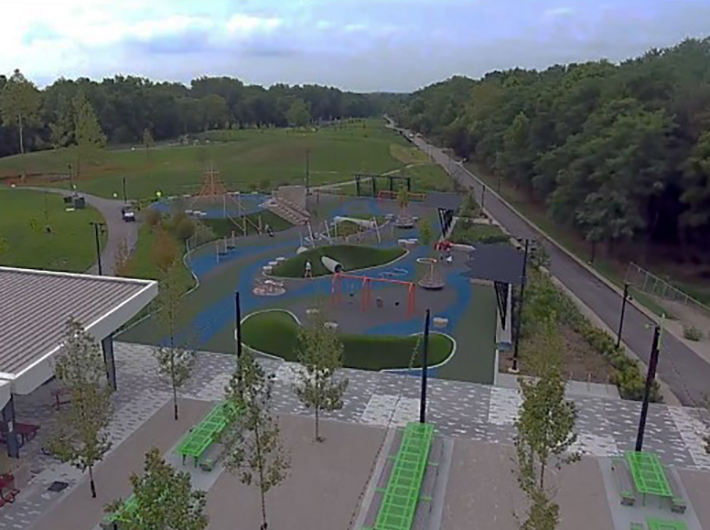
Step into the ring – the Brownfields Boxing ring! Discover knockout strategies to tackle climate change issues and other brownfields redevelopment challenges. Learn to dodge the usual punches and land a TKO with proven tactics and processes to achieve success!

A connected system of habitat, public spaces, and surface stormwater (HPS) improves our mental, physical, and spiritual health; turns waste into valued resources; uses land more efficiently; and builds social cohesion which results in more resilience in communities.

Government staff, including planners, can work together with community leaders to center equity in government decision-making. This session will help planners understand how different equity tools can support equitable outcomes and uplift community priorities.

Approximately 100,000 religious facilities are estimated to close over the next few years. Planners compare the excess in faith properties to the dearth of affordable housing and view a match made in heaven but it won’t happen on its own.
